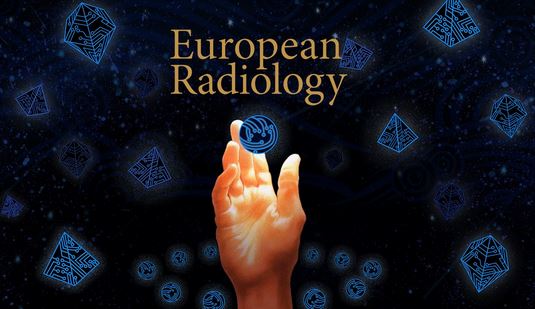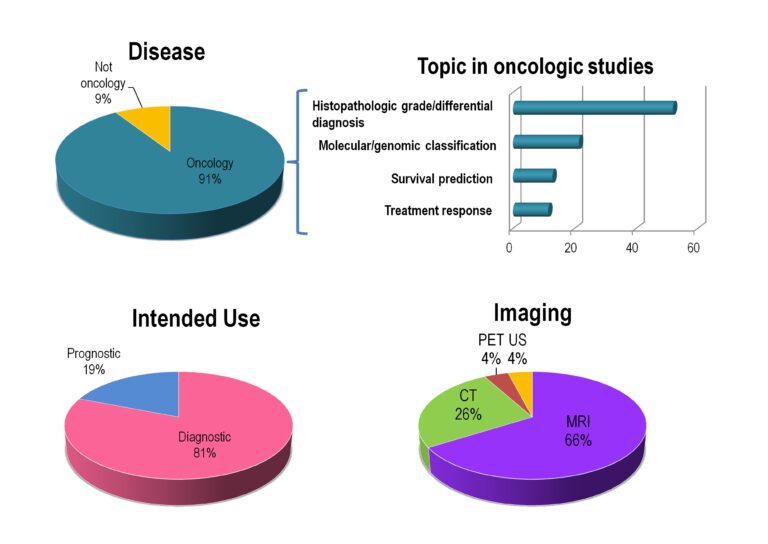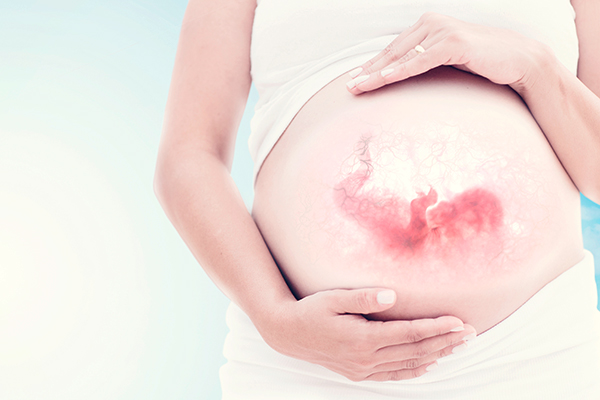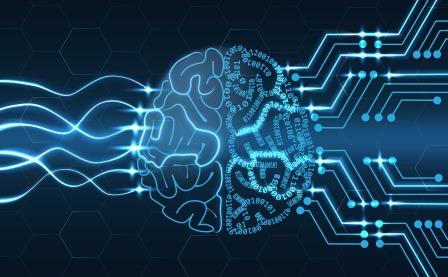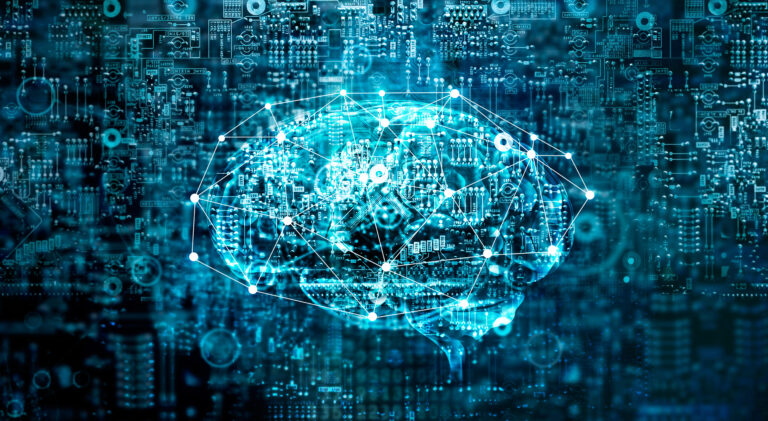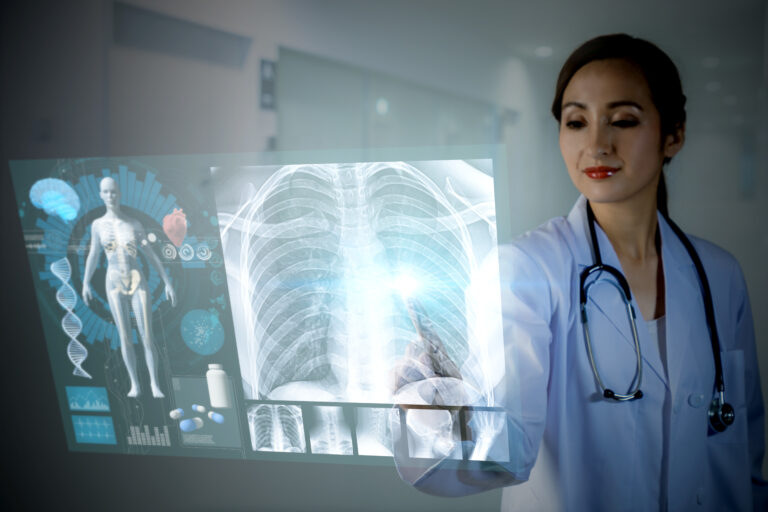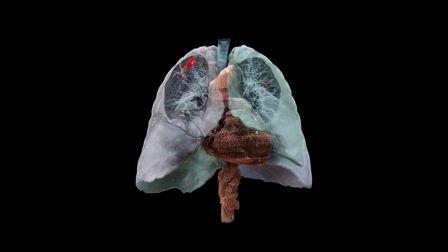
Looking outside the box: AI solves the Rubik’s cube, Africa as a new tech hub, and AI training in the UK
This week in artificial intelligence (AI) news, we take a look at AI solving the infamous Rubik’s cube, Africa’s future role in the global AI community, and the importance of radiological professionals being trained in AI in order to assess new tools and technologies coming to market. It’s one achievement to programme a computer to solve a Rubik’s cube, but










